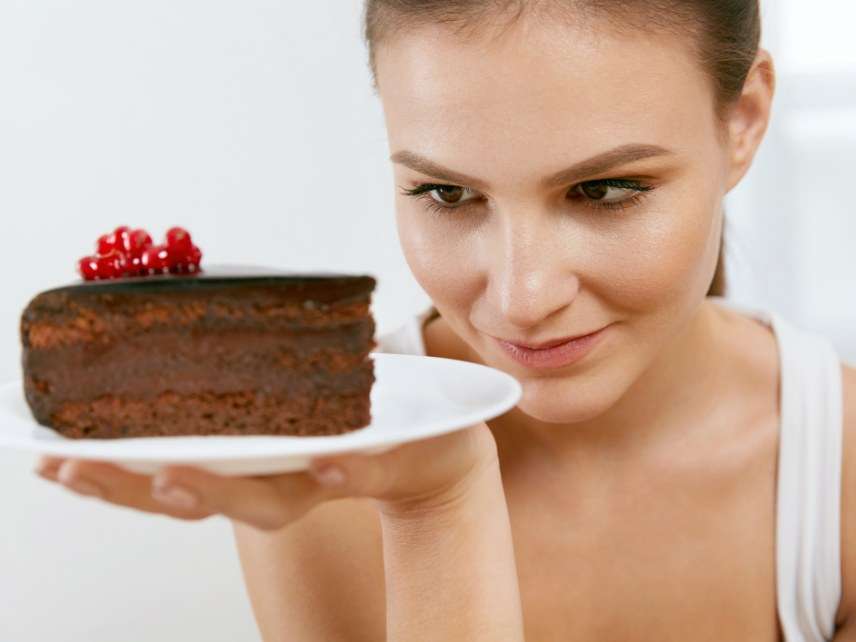Can a Baker Be Forced to Make a Transgender Celebration Cake?
Masterpiece Cakeshop is back with a new lawsuit over another rejection.

Masterpiece Cakeshop is back in the news with a lawsuit, but this time it's not about gay wedding cakes. Instead, it's a brand new fight over whether the government can force a baker to produce a cake celebrating a transgender person's new identity.
Masterpiece Cakeshop in Lakewood, Colorado, was the focus of a Supreme Court ruling earlier this year. After its owner, Jack Phillips, refused to make a wedding cake for a same-sex couple, the state's civil rights commission ruled that he had violated Colorado's public accommodation law, which forbids discrimination based on sexual orientation. Phillips said he wasn't discriminating against gay people but objected to doing work that violated his religious beliefs by implying support for same-sex marriage.
The Supreme Court ruled, 7-2, in Phillips' favor. But it did so in a carefully worded ruling that did not address the issue of whether a wedding cake is a form of artistic expression or whether Phillips could be compelled to make wedding cakes for all couples. Rather, the Court ruled that the Colorado's Civil Rights Commission had violated the First Amendment by approaching the case with a clear animus against Phillips' religious beliefs.
Judging from a new federal lawsuit filed by the bakery, the commission is not backing down. On the same day that the Supreme Court agreed to hear Phillips' case, he says he got a call from a lawyer named Autumn Scardina, who asked if he would make a custom cake with a "blue exterior and a pink interior" to reflect Scardina's transition from male to female.
Just as Phillips has religious objections to recognizing same-sex marriages, he has religious objections to embracing sex changes. He declined to make the cake for Scardina, and she complained to the commission, which is coming after him again. According to Phillips' lawsuit, the commission is ignoring his explanation that he objects to the message Scardina wants him to express with the cake and is instead claiming that he is refusing to serve Scardina due to her transgender status. The lawsuit also notes that Scardina's web page says she handles LGBT discrimination cases, suggesting this call was more than a strange coincidence.
Phillips, represented again by the Alliance Defending Freedom, argues that the commission is still singling him out because of his religious beliefs. Colorado generally does not force bakers to promote messages with which they disagree. A baker could refuse to make a cake with an anti-gay or anti-transgender message, for instance. The lawsuit even cites a case where the same commission ruled in favor of a baker who refused an order for cakes with anti-gay messages. Phillips says the commission is denying him the same right out of anti-religious prejudice.
If anything, this dispute seems even more clear-cut than the wedding cake case, where one of the central issues was whether producing the cake was a form of expression. In this case, Scardina specifically asked for a cake that expressed how she felt about being transgender. It clearly was intended to communicate a message.
Phillips claims the commission is violating his religious freedom and his freedom of speech, which includes protection against compelled speech. He is asking for an injunction to stop Colorado from enforcing its law in this fashion and seeking $100,000 in damages.
Read the lawsuit here.


Show Comments (112)